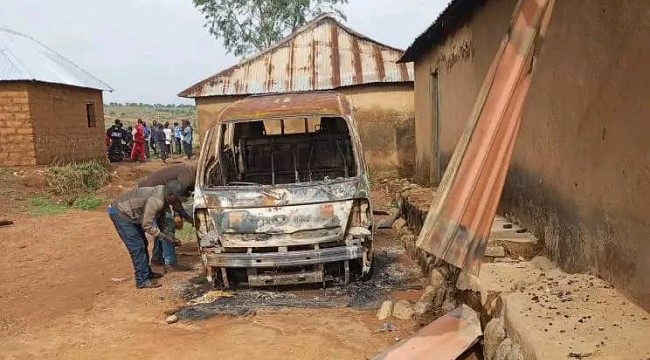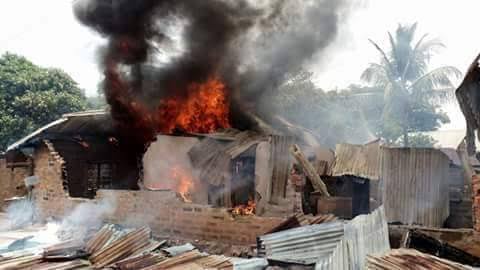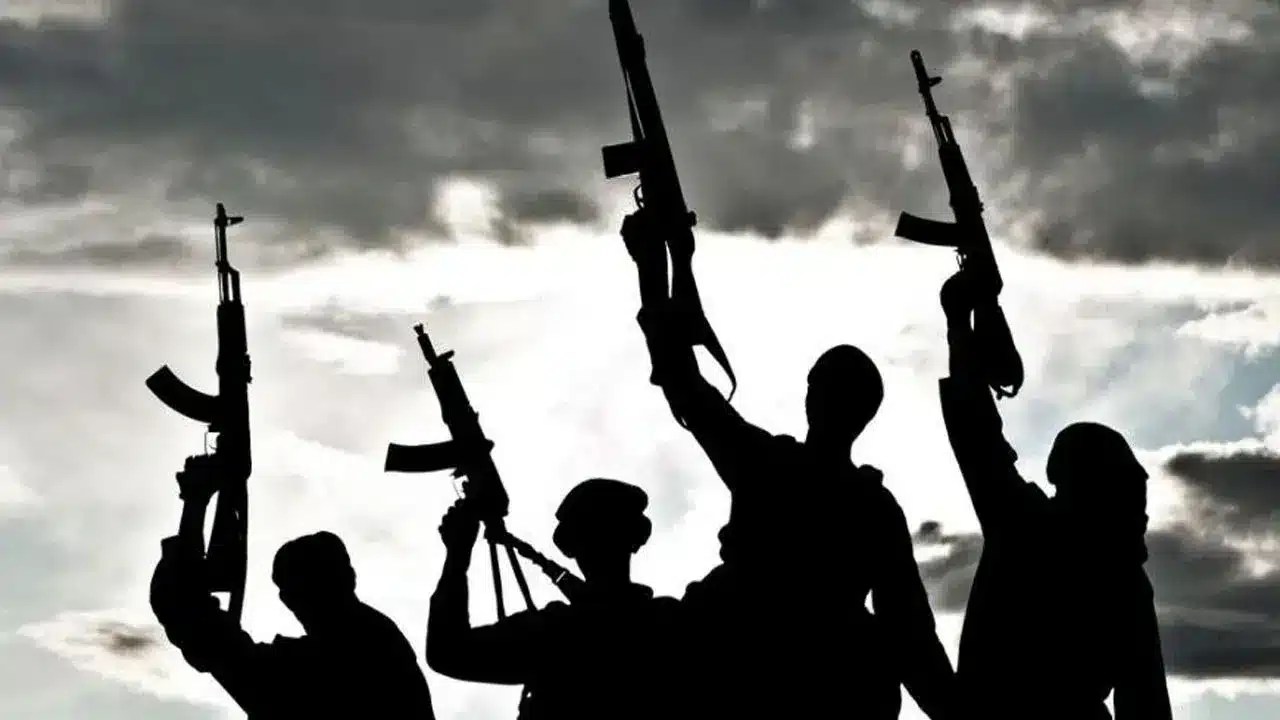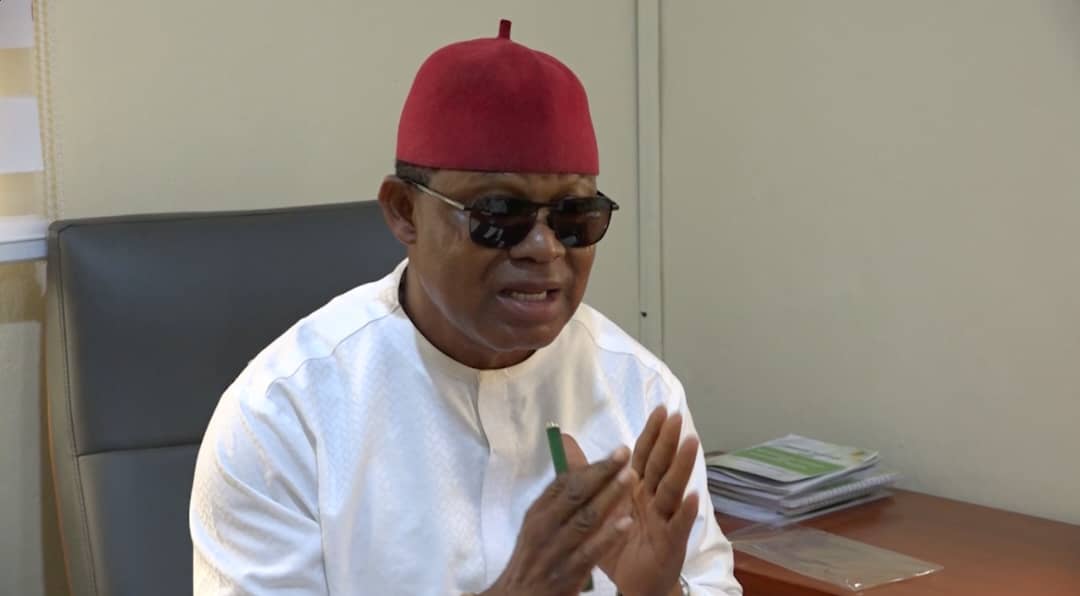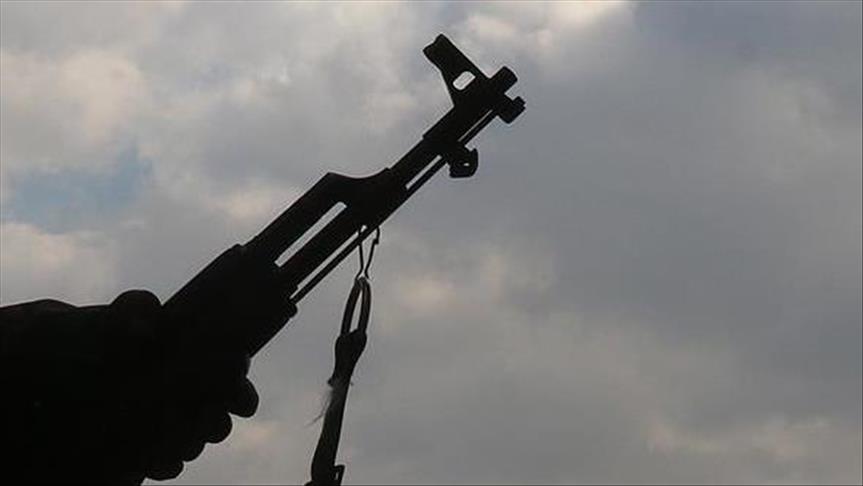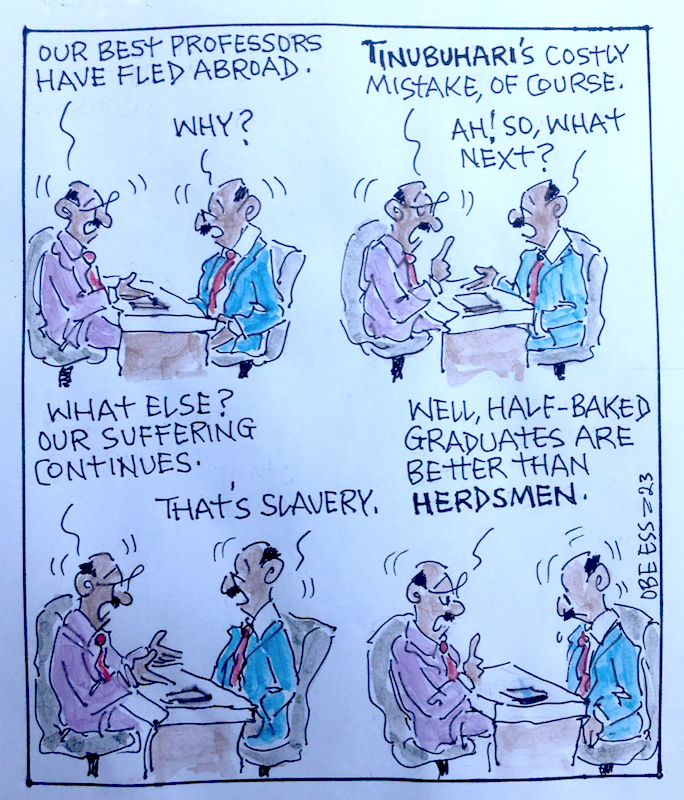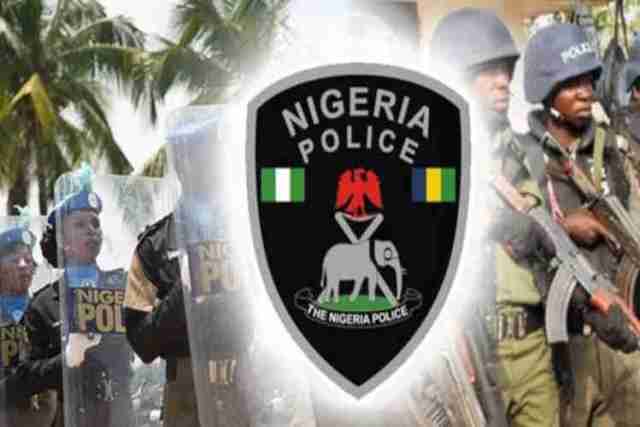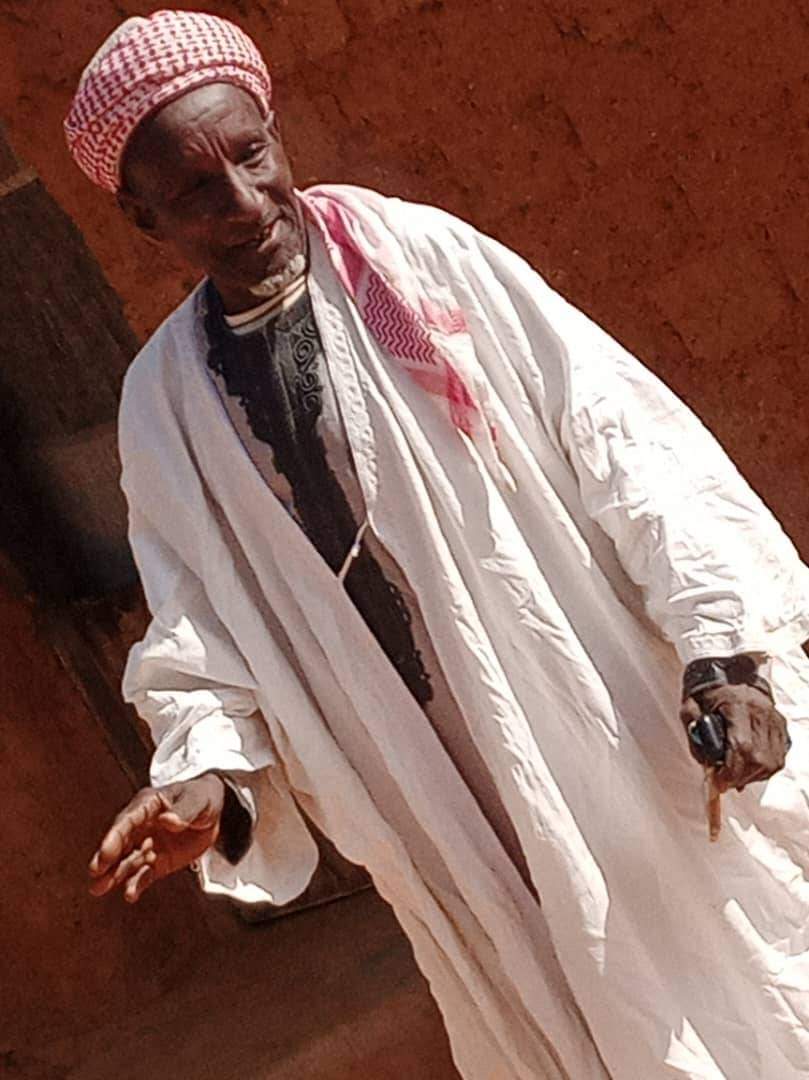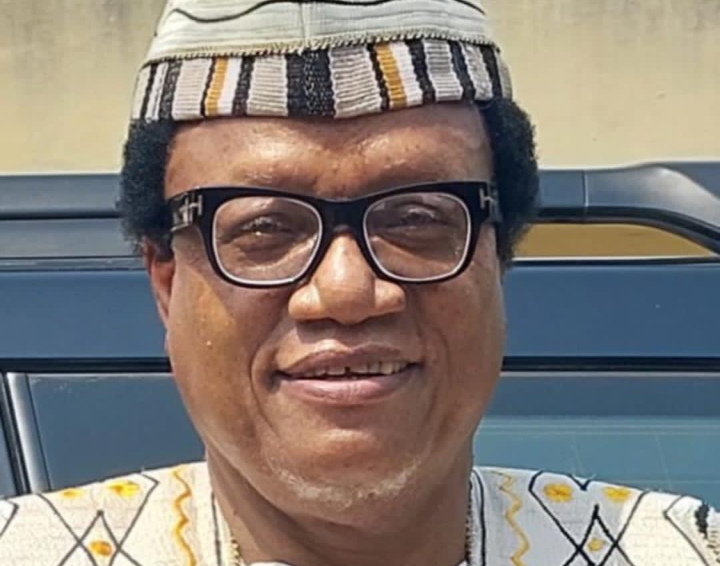The full title of this essay ought to be, “Where are the Fulani herdsmen who terrorized the country between 2015 and 2022? However, because of the ethics governing titling, I have summarized the title in a simple question: where are the Fulani herdsmen? Of course, the title bears innuendoes. It also interrogates a historical and political occurrence in our country.
So, it has a context. Context, like perception, is everything in presentation of ideas, facts and figures. The question is specific of ‘the Fulani herdsmen; not ‘Fulani herdsmen! There is a difference! When we search for Fulani herdsmen, we may need beef or cowhide. But when we ask after ‘the Fulani herdsmen’, we refer to the murderous gangs who invaded villages in Benue state and in Enugu, in Plateau state and other places! Let me quickly say that if they have disappeared from the public space and national discourse, it is good riddance to bad rubbish! But they have not.
Between 2015 and 2022, Fulani herdsmen became part of the national discourse, on radio, television, town meetings, and press conferences. ‘A 2020 Statista survey stated that 7400 persons were killed by jihadist Fulani herdsmen’. Their spokesmen developed insulting arrogance and openly threatened ethnic groups over grazing routes in geographical locations outside their areas of domicile. They were gregarious and ascribed their strength to the man in Aso Rock was their father! They also became ubiquitous both metaphorically and physically. They were found and discussed in the most unlikely places. I daresay that they featured in daily security briefs to the president, governors, and foreign embassies. Physically, we found them on streets in cities, towns, and villages, far from Fulani country. I was once part of a delegation that went to a community in Uwheru in Delta state where some nine local persons had been murdered by herdsmen who had invaded their lands with cattle for grazing. We confirmed that farmers were compelled to pay a fee to these invaders to grant them access to their farmlands!
Sometimes I wonder if my imagination is concocting coincidences where is none. Have the notorious Fulani herdsmen who kidnapped victims with great impudence along Sagamu-Ore Road, in Ogun State, on the Benin bypass, between Patani and Agbarho in Delta State, on the highways in the southeast, between Aba and Port Harcourt, in Benue state, the scoundrels who attacked a sitting governor’s convoy, simply disappeared from the land? Are they still violently active but under-reported or not reported at all? Or, were the scoundrels not from the Fulani ethnic group? Can cessation of the violent activities of the herdsmen in the country be associated with the end of tenure of the last administration? Was there a collaboration between a cabal and the herdsmen for some nefarious objective? Is there a point man in the current administration whose presence in the ticket was enough to call the criminals to order? What are the implications of this on belief in one Nigeria? What about the rampant killings in Kaduna? Have they ceased, abated, or hidden under the radar? Are there circumstances that could make them return in future? Too many questions begging for answers.
Sadly, the men and women who are constitutionally charged with the responsibility of asking questions are either compromised or have moved into other spheres to secure the notorious stomach infrastructure! Memory is not one of our strong points. We forgive without meting out justice. Those who are at the receiving end of institutional injustice stay bitter and disenchanted. There are no reparations. We protect impunity. History is weak where consciousness is low. These thoughts took shape in my mind recently when I read Chief E.K. Clark’s comments about the late General Murtala Mohammed in his autobiography. If the man was such a bigot, a plunderer, and an irridentist, why did the six months misadventure as Head of State blindsight us into making him a national hero? Why did we forget Onitsha and the Asaba massacre? Is he a hero to Asaba people? I guess not! Why did we forget his anti-CBN activities in Benin during the civil war? Why did we forget Abagana? Why did we forget how he ruined the federal civil service with his ill-conceived purge of dead woods and corrupt men and women?
This cavalier attitude to history and historical consciousness is part of our national tragedy. A nation without a memory is a nation without dignity and self-respect. Indeed, it is no nation at all when it is nescient about its cultural, social, and political antecedents. It dethrones its political deities and shields its scoundrels from opprobrium because of the inane belief in undue patronage and hegemonical control of resources. A country that is conscious of its history would return to the menace of the Fulani herdsmen now or in the future. It requires no clairvoyance to observe that the failure of the political class to display respect for history and memory has occasioned a return of coups in Francophone Africa. If the political rulers, pretenders to democratic ideals and practice in Mali, Burkina Faso, Niger, Gabon had broken the yoke of French postcolonial exploitation, coups would have been anathema to the hoi polloi of those countries.
The Fulani herdsmen are still with us. They are still in control of certain territories in the northern parts of the country. Their activities are under-reported. They have formed alliances with terrorist groups in the Sahel and have continued to unleash violence and terror on hapless citizens. The billions of naira which they have raised through payment of ransom still sit comfortably in their official and unofficial accounts. The blood of the innocent citizens which they have spilled testify against them and their sponsors. More troubling is the fact that as late as March 2023, The Punch Editorial reported: the spate of killings by Fulani herdsmen AND militias has continued unabated. In a recent outrage, at least 50 persons were slaughtered during a four-day rampage in communities in the Kwande LG area of Benue State’.
If the scoundrels have somewhat no longer in the public eye, it is a façade. We must continue to deal with their past, their today and their future because as long there is desertification in the country, farmers and herdsmen will always clash. Yet the federal government mut bring to book all perpetrators of violence across the country!
